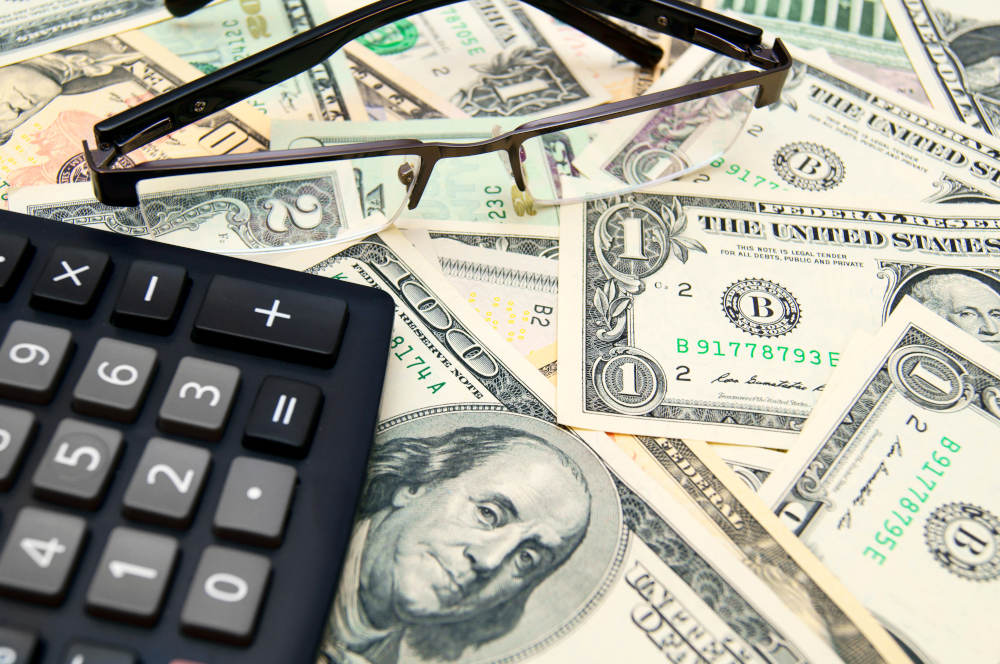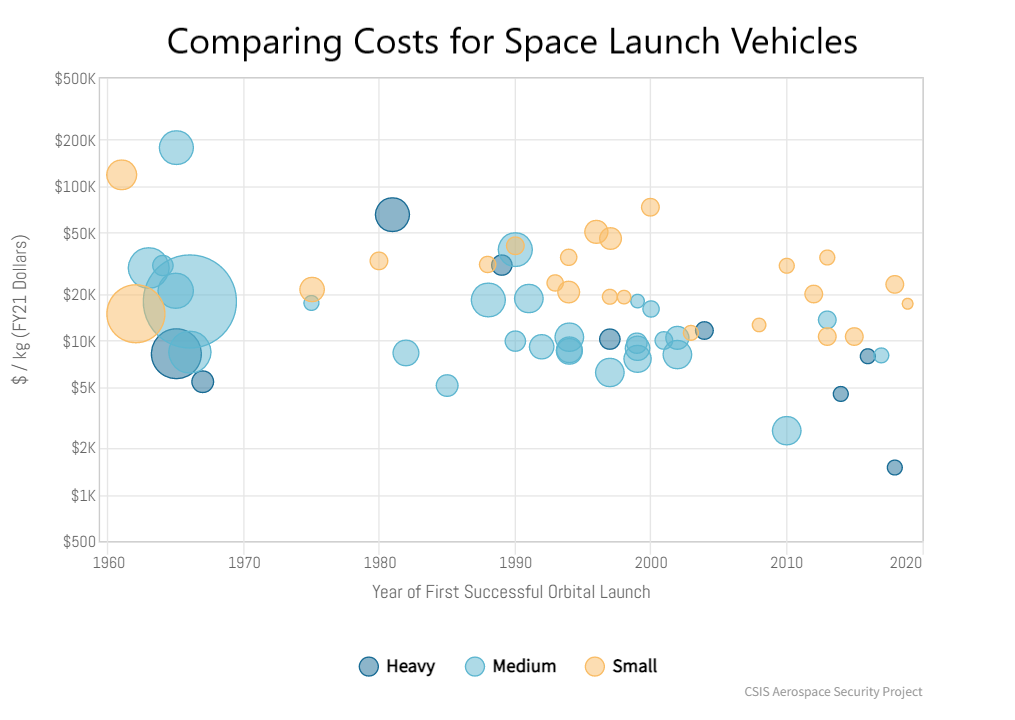Investors from around the world share the same financial philosophies; we can’t reasonably expect them to do so because their goals will differ according to socioeconomic factors. American investors, for example, have a clear advantage in terms of being able to earn and spend the United States dollar, which happens to be the world’s most stable and valuable international currency. There’s also the strength of the American economy to consider; this is a country where steady and gradual growth translates into a low risk of inflation, but this does not mean that American investors are impervious to inflationary pressures.
The Effects of COVID-19 and Economic Recovery Progress
Even at the most critical point of the financial crisis brought on by the coronavirus pandemic of 2020, virtually all economists were confident about the ability of the U.S. economy to recover; nonetheless, there were concerns about what the recovery would look like. A few economists feared that inflation would be a necessary evil on the road to recovery, and they were absolutely right. In mid-July, economists from the U.S. Labor Department reported that consumer prices hit their highest levels since the height of the Great Depression in 2008. On a year-over-year level, U.S. consumers were squeezed by nearly 5.4%, but neither the Federal Reserve nor the White House seemed to be too concerned; government economists and financial regulators believe that inflation should subside over the next few months, but what would happen if things do not go as they expect?
Even though Americans do not have to worry about hyperinflation or macroeconomic shifts such as the ones suffered in countries such as Venezuela and Zimbabwe, there is a strong chance that some of the consumer price spikes being experienced now are here to stay. We are already seeing this in the home renovations and remodeling segment, where supply and demand issues have pushed the prices of materials by more than 30% compared to last year. This is real, bottom-line inflation for working Americans; it is very likely that construction materials will adjust downwards towards the end of the year, but they may still be somewhere between 15% to 20% higher than in 2020.
Lawmakers and the federal government have tools they can deploy to combat inflation. The Federal Reserve Bank can enact monetary policies such as the prime lending rate. Members of Congress can pass legislation to increase the minimum wage, and this is exactly where we are in 2021; lawmakers probably felt that it was high time to do so because inflation has been nipping at the heels of American consumers for some time.
Invest Intelligently to Stay Ahead During Inflationary Periods
Inflation is an economic factor that everyone is constantly trying to outrun. You see this among professionals who try to increase their salaries through continuing education and job advancement. You see this among workers who take on overtime hours or start driving for Uber. You see this among business owners who take out commercial loans in order to expand their operations. These reactions are intrinsically tied to the financial concept known as the time value of money, which posits that the cash you generate now is worth more than it will be in the future. If your purchasing power does not keep pace with inflation, you will be left behind, and this could result in financial hardship.
Investing can be one of the best antidotes against inflation, but only if you apply the right strategy. Some market analysts correctly point out that the S&P 500 has been proven to outpace inflation when the investment horizon is set for a couple of decades; however, these returns can be improved through compound interest. Over time, the inflationary spikes in the American economy will level off somewhere in the range between 3.5% and 6% on an annual basis. If you play your cards right with a compound interest portfolio that is generating 10% each year with very little risk, you would be way ahead of the game. As long as you make disciplined contributions to your compounding account, the impact of inflation will not affect your personal finances too much.



